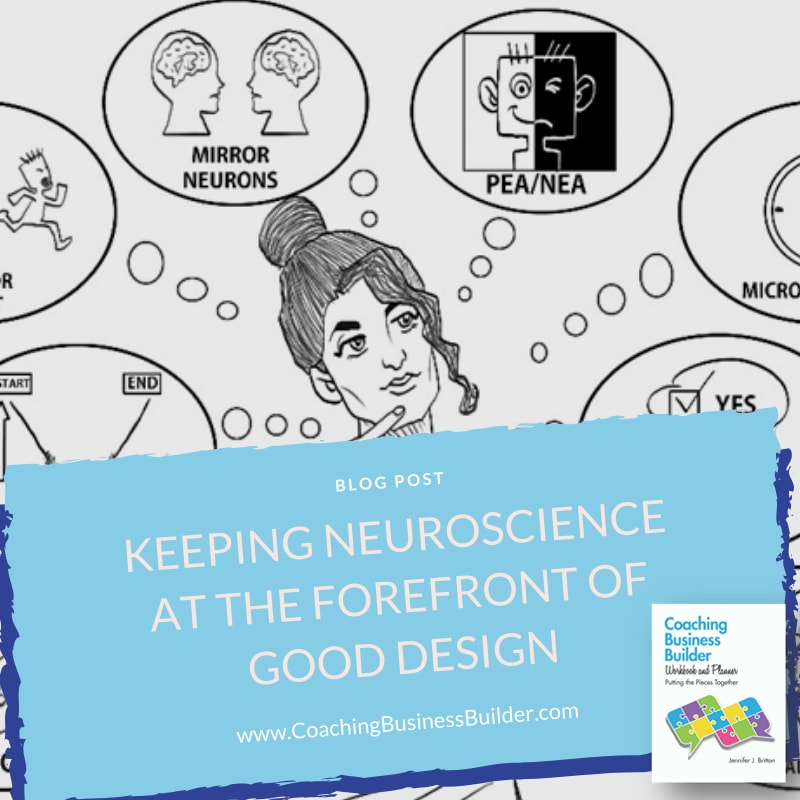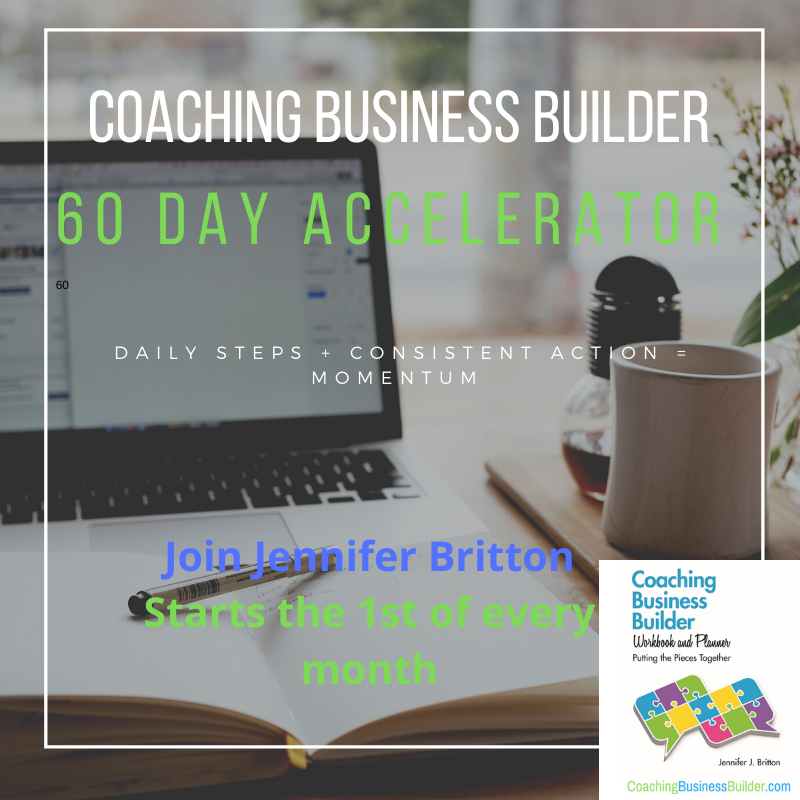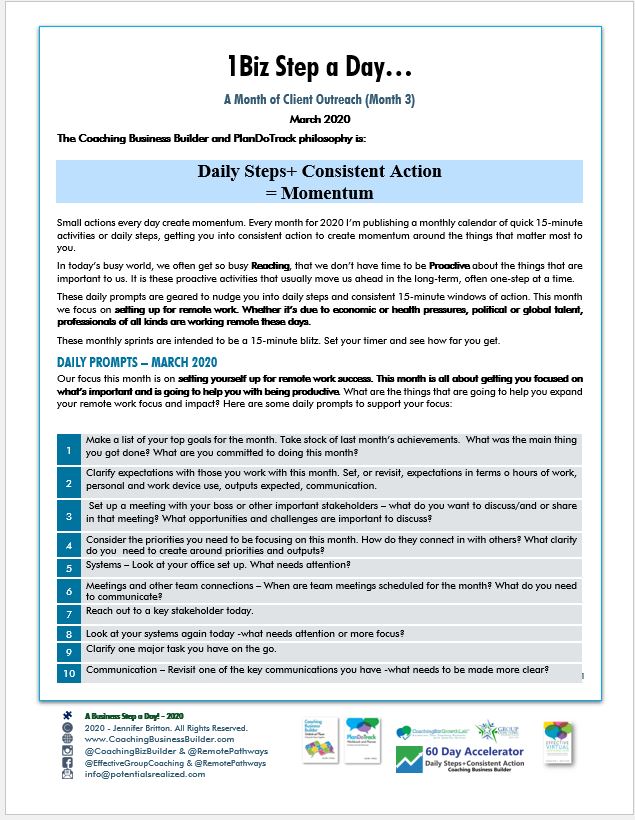|
Keeping Neuroscience at the Forefront of Good Design - © Jennifer Britton Photo Credit - Britton, 2017 (Excerpt, Effective Virtual Conversations) In Effective Virtual Conversations I share the journeys of two professionals who work in the virtual space – Jane and Jo. In chapter 5, Jane reflects on what it takes to incorporate science into her work with groups in the virtual space. I highlight eight different areas of focus. We want to design with the learner’s entire self in mind, brain included. This month at the Learning Lab Design Studio. I explored eight different neuroscience elements you will want to keep in mind as you go to design your own programming. As you read through today's blog post, consider what elements you want to be focusing on in your work: These include:
Under times of stress our brains may revert to their more reptilian past, and we may go into “Fight” or “flight” mode – looking to fight or wanting to run away respectively. What can you do to create more certainty and safety for your learners and in your design. Mirror Neurons – Just like a mirror, we are influenced by those around us. The notion of mirror neurons indicates that our brain will “fire” in ways that is similar to those we are in dialogue around. With this in mind, what is the environment you want to create for your groups? PEA/NEA – Explored by Richard Boyatzis and his team, the Positive Emotional Attractor Network (PEA) is a series of components of the brain, which support in “opening up” the brain. When we ask questions like “What’s possible?” or “What would you do if you won 50M dollars?” all active this network, and create an open space. Consider what you can be doing to incorporate these questions and/or work around vision in your programming. Micro-moments: Barbara Frederickson writes that change and connection occurs through what she calls “micro-moments”. Consider how you can be building this into your design, or getting your group to become more aware of their significant micro-moments. Positive Interactions – The highly disputed Losada Ratio found that in order to “thrive” we need three positive interactions to one. While the ratio is disputed mathematically, it is valuable to think about the ratio of positive to negative conversational elements. John Gottman found that this ratio is closer to 7 to 1 for teams that thrive. What can you do in your design to boost the habit of providing positive interactions with your group/team members? The Social Brain – The notion of the social brain is multi-fold and includes the notion that we learn through and in connection with others. What are you doing to boost peer connection? Oxytocin – also known as the bonding hormone, this hormone is important for teamwork and group cohesion. Be aware that this is activated through touch and togetherness. What can you do in your design to leverage this “feel good” neurochemical? Latency and Recency Effects – We remember the start and end of things but everything in the middle can get muddied, unless it is memorable. What can you do to create something novel mid way to loc k in learning? Consider visual anchors, polls etc.” End of Excerpt. Copyright 2017-2018, Jennifer Britton. All Rights Reserved To read more about program design the virtual space pick up a copy of Effective Virtual Conversations. Resources to explore Chapter 5 – Effective Virtual Conversations, for more on these 8 elements Barbara Frederickson – PositivityRatio.com Richard Boyatzis NEA/PEA: The role of the positive emotional attractor in vision and shared vision: toward effective leadership, relationships, and engagement Richard E. Boyatzis,1,* Kylie Rochford,1 and Scott N. Taylor. https://www.ncbi.nlm.nih.gov/pmc/articles/PMC4439543/ Mirror Neurons: https://www.psychologytoday.com/ca/blog/the-athletes-way/201402/do-mirror-neurons-help-create-social-understanding AND https://www.psychologytoday.com/ca/blog/brain-myths/201212/mirror-neurons-the-most-hyped-concept-in-neuroscience What are your specific steps to incorporate neuroscience into your work? Enjoy the start to your week, Jennifer .Jennifer Britton
Author of Coaching Business Builder (2018), Effective Virtual Conversations (2017), Potentials Realized - Supporting Coaches, Businesses, Leaders and Teams Is 2019 your year to take it ahead? Join me for one of our two annual groups - The Learning Lab and Design Studio (focusing on program design) or the Coaching Biz Growth Lab (focusing on coaching business development) Phone: 416-996-8326
0 Comments
Leave a Reply. |
Upcoming Programs:
Mentor Coaching Group for ACC/PCC -Mondays 1230 - 130 pm ET: June 7 - mid-September - Reserve your spot. ACC and PCC for ICF Credentialing Program Design Hack - 45 minutes - $97 - Sketch Out Your Next Program in this Facilitated Process! - Click here to Register Group Coaching Essentials (8.75 CCEs) - Next group will start Tuesdays on July 6th. Fridays 10 - 1135am ET: June 4, 11, 18, 25 (4 weeks) Virtual Facilitation Essentials (8.5 CCEs) - Join us for an upcoming one day program! Advanced Group and Team Coaching Practicum - starts - Tuesdays July 6th (5 weeks) (10 CCEs): Focused on providing you with virtual practice and feedback around your group coaching skills. Team Coaching Essentials for the Virtual, Remote and Hybrid World. Kicks off Monday June 14th 60 Day CBB Accelerator - Now as an On-demand Program.Bonus! This month's 1BizStepADayAuthorCoach Jennifer Britton has worked with entrepreneurs across a variety of sectors since the late 1990s, even before she was in business herself. From supporting micro-entreprise and eco-tourism businesses to working with service based entrepreneurs and coaches, her PRACTICAL and TACTICAL approach to business coaching is ACTION focused, with emphasis on AWARENESS as well. Jenn is the author of the Coaching Business Builder Workbook and planner, and 3 others books related to group and team coaching and virtual conversations. She also hosts the Coaching BIzGrowth Lab, an open-enrollment group coaching program for coaches. Jenn founded her business - Potentials Realized - in April 2004. Archives
June 2021
Categories
All
Become a CBB Facilitator |



 RSS Feed
RSS Feed